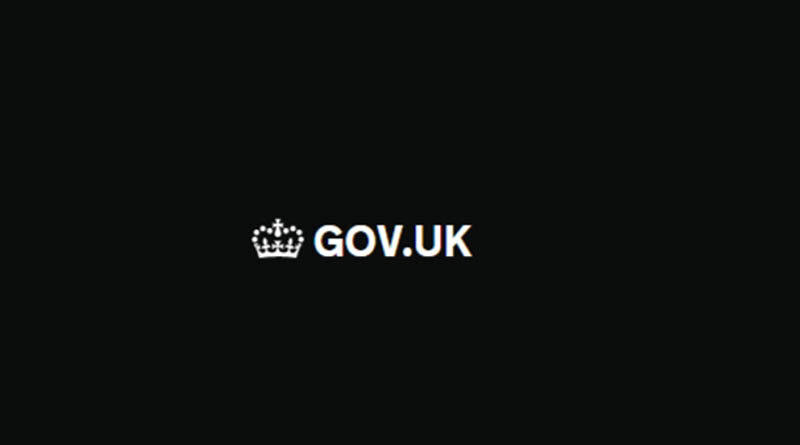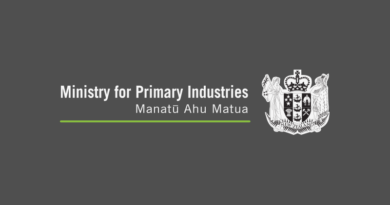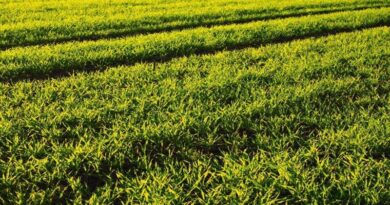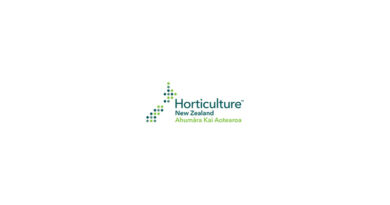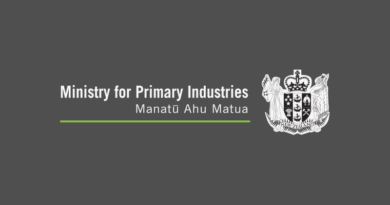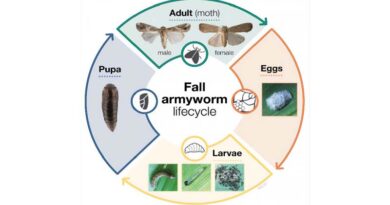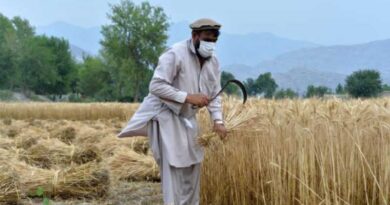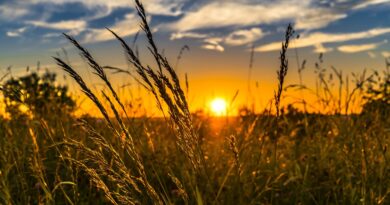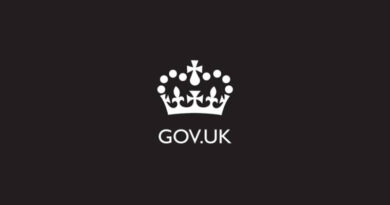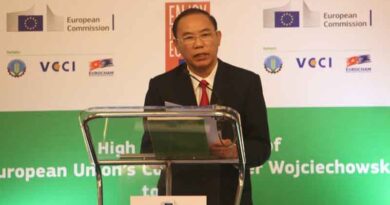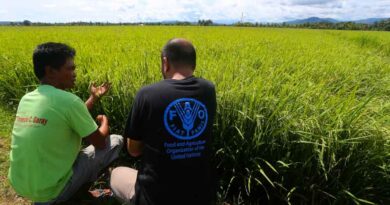Annual survey supports Aotearoa’s beekeepers
17 March 2022, New Zealand: Biosecurity New Zealand’s annual Winter Colony Loss survey results are out now and show that the country’s beekeepers are serious about working together to support a strong bee industry.
Biosecurity New Zealand senior scientist Richard Hall says more beekeepers than ever took part in this survey, the seventh so far.
“This level of involvement and our beekeeper’s transparency in self-reporting shows how seriously they take biosecurity, and how valuable Biosecurity New Zealand’s support is in strengthening the bee industry.
“Strong biosecurity systems and management of pests and diseases are essential to production and the data gathered this year will help beekeepers identify where they need to focus their management efforts,” says Dr Hall.
This year’s survey showed that some 13.6% of beehives were lost over winter 2021. The increase of 2.3% on 2020’s results is closely attributed to a growth in varroa mite and related complications.
“While these numbers are worth exploring, we’re still seeing New Zealand’s winter colony loss rates are far less than our counterparts are finding in countries like the USA and Canada. Varroa mite is a pest that can be managed and we’re looking at new ways to support industry in dealing with the ongoing challenge of varroa.”
In responding to the survey, most beekeepers reported that their current varroa treatments are effective, but that they lose colonies if they get the timing of the treatment wrong, under-dose or that they pick up varroa from reinvasion from other colonies. This year’s survey also found not all beekeepers had treated for varroa.
As a result of the survey findings, Biosecurity New Zealand has begun a collaborative education campaign with the beekeeping industry, to raise awareness on how to tackle varroa mites and other biosecurity threats.
“We’re reinforcing that beekeepers need to apply treatments available to keep the mite under control, follow manufacturer’s instructions, and frequently monitor mite levels so quick intervention can be made.”
“It’s the right season now to be alert to the needs of their bees and make a plan to combat varroa ahead of time. From what beekeepers are telling us – timing of treatment and monitoring for reinvasion is crucial.”
Dr Hall says that as well as the education campaign, Biosecurity New Zealand has funded a new research project to better understand how varroa treatments are used in New Zealand and where gaps in knowledge may be. This research will begin later this year.
“2021 saw more beekeepers registered ever than in New Zealand’s history. With this kind of growth, particularly in smaller operations and hobbyists, our support is essential to ensure this primary industry is equipped with the best information. This 2-pronged work will help them know what biosecurity risks to look out for and how to manage them.”
The Winter Colony Loss survey is conducted by Manaaki Whenua Landcare New Zealand to provide Biosecurity New Zealand with data to ensure support is directed where it’s most useful for the bee industry.

